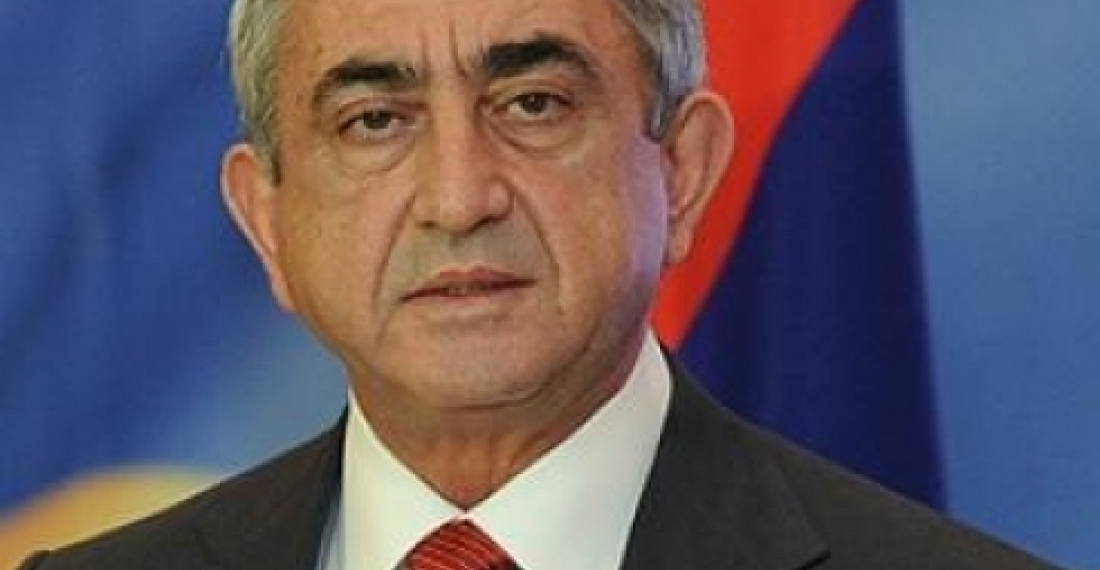President of Armenia Serzh Sargsyan received today Foreign Minister of Russia Sergey Lavrov who has paid an official visit to Armenia. As press-service of the president reported, they congratulated each other on the 20th anniversary of the diplomatic relations establishment between Armenia and Russia.
They also said that an effective partnership has been developing between the two countries practically in all the spheres: trade and economical, military, military and technical and humanitarian. This dialogue which has been enhanced by the regular meetings of the two presidents is evidence of availability of the strategic partnership and other strong ally relations between Yerevan and Moscow.
For his part, Sergey Lavrov said he thinks this year is also an anniversary year as 15 years ago, in August the Treaty on Friendship, Cooperation and Mutual Aid between Armenia and Russia was signed.
President of Armenia and Russian foreign minister discuss prospects for deepening of partnership
President of Armenia and Russian foreign minister discuss prospects for deepening of partnership







